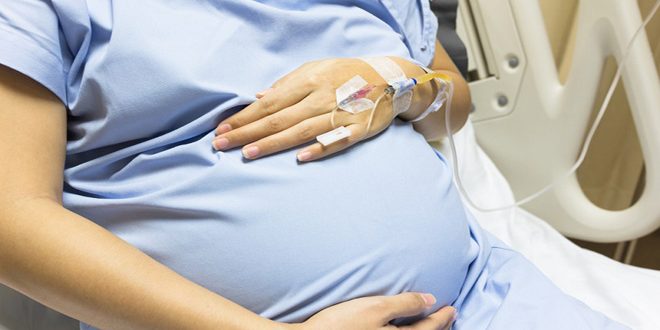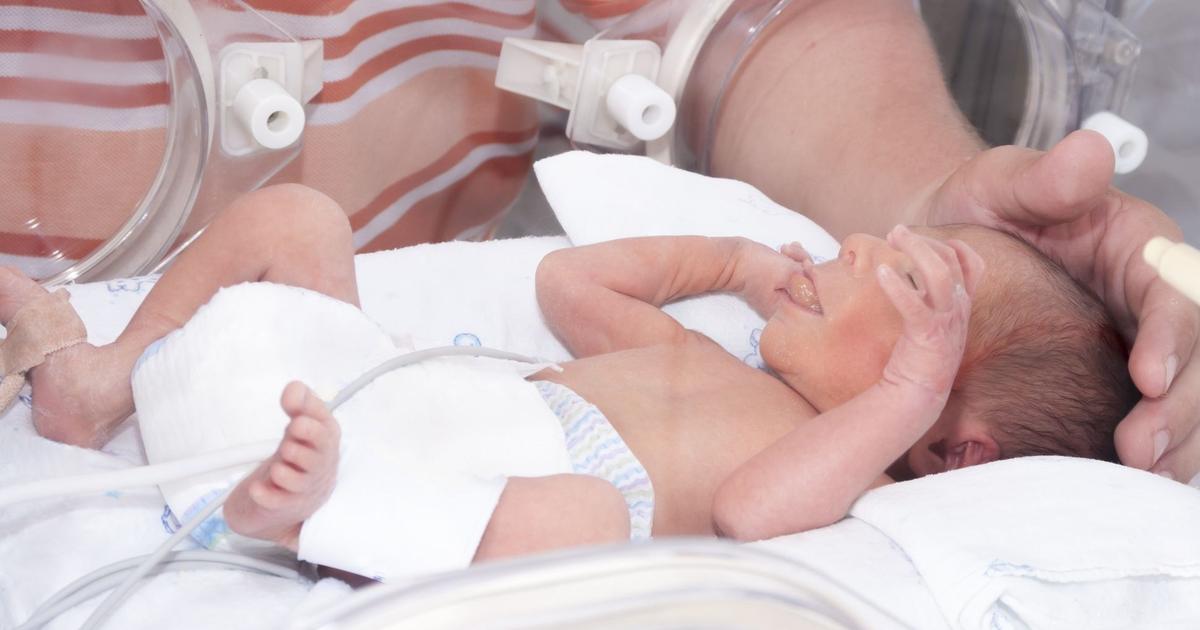Damascus-Sana
Studies and research related to Coronavirus are continuously developing, especially with regard to its effect on the body and its physical state, including the period of pregnancy in women, which is considered a unique immune state, according to the specialist in obstetrics and gynecology, Dr. Muhammad Al-Ali.
Dr. Al-Ali indicated to Sana’s delegate that the pregnant woman faces two opposing challenges during her infection with the first virus, suppressing the body’s immunity because she embraces a fetus that carries half of its genes from the father, and the second is the body’s need to increase the strength of the immune system to resist microbes. Therefore, the pregnant woman is classified as a high risk of infection if she is confirmed to be infected with the virus.
Regarding the infection of pregnant women with the Coronavirus, Dr. Al-Ali indicated that it cannot be determined by the percentage that the total numbers announced are inaccurate, due to several reasons, the most important of which is that many people who were infected with the virus did not undergo a PCR test for various reasons.
According to Dr. Al-Ali, the infection of a pregnant woman who suffers from overweight or any disease associated with pregnancy, such as high blood pressure, diabetes, or chronic lung diseases, is more dangerous than non-pregnant women and may need an intensive care unit, noting that the World Health Organization stated that the symptoms of corona appeared when The pregnant woman is infected with the virus less compared to the non-pregnant woman, but she needs more intensive care when the disease is severe compared with the non-pregnant woman.
Regarding the possibility of exposure to the risk of premature labor, Dr. Al-Ali affirmed that infection of a pregnant woman with the Coronavirus increases her risk of premature labor “birth before the 37th week of pregnancy” due to the bacterial infections that increase with the incidence of the virus, especially pneumonia, pointing out that the biggest cause of premature birth is generally General is the infection that affects a pregnant woman in any organ of her body (female - pulmonary - ear). The problem of premature birth is a major problem worldwide, as it causes an increase in child mortality and the health and educational problems of the survivors.
The virus can be transmitted from the infected mother to the fetus during uterine life in a very small percentage, according to what Dr. Al-Ali explained, but it does not cause abortion in the first trimester of pregnancy, nor congenital anomalies or developmental delay within the uterus, pointing out that there was an increase in the number of fetuses deaths in the womb during the pandemic compared to Including before it.
On the symptoms of HIV infection in pregnant women, Dr. Al-Ali said that 55 percent of them do not have symptoms or are simple symptoms, pointing out that the symptoms do not differ much when pregnant, and complain of mild and moderate cases of cough and heat and may develop into shortness of breath, loss of smell, pneumonia and hypoxia. .
Al-Ali stressed that the infection of a nursing mother with the Coronavirus is not a reason to stop breastfeeding, which would strengthen the child's immunity and protect him from diseases, noting the importance of breastfeeding in strict adherence to health instructions, such as washing hands before touching the child, wearing gloves and a muzzle, and sterilizing the breast.
In the language of the numbers, one of the international studies showed, according to Dr. Al-Ali, that women from the age of 15 to 45 who suffer from infection with the Corona virus 9 percent of them are pregnant, indicating that a pregnant woman infected with Corona needed to enter intensive care five times more than non-pregnant women and needed ventilation more by 4 times without a pregnant woman.
Dr. Al-Ali pointed out that women's survival from the epidemic in a better way compared to men has become almost certain correct, and the treatment protocol applied to HIV infection for pregnant women does not differ much from the non-pregnant woman, especially in severe and advanced stages that require intensive care, indicating that a shortage of blood platelets can occur. To less than 50 thousand with severe infections with the virus, in which case the preventive aspirin that the woman is taking must be stopped.
Dr. Al-Ali explained that most of the infections in pregnant women are between light and medium and depend on home isolation and taking medicines according to the symptoms that the patient complains of, pointing to the importance of strengthening the immune system in pregnant women by avoiding fast-absorbing sugars, improving psychological state and adequate sleep, avoiding stress and stress and reducing Unhealthy foods, drinking large amounts of water, abstaining from soft drinks and smoking.
Rama Rashidi









